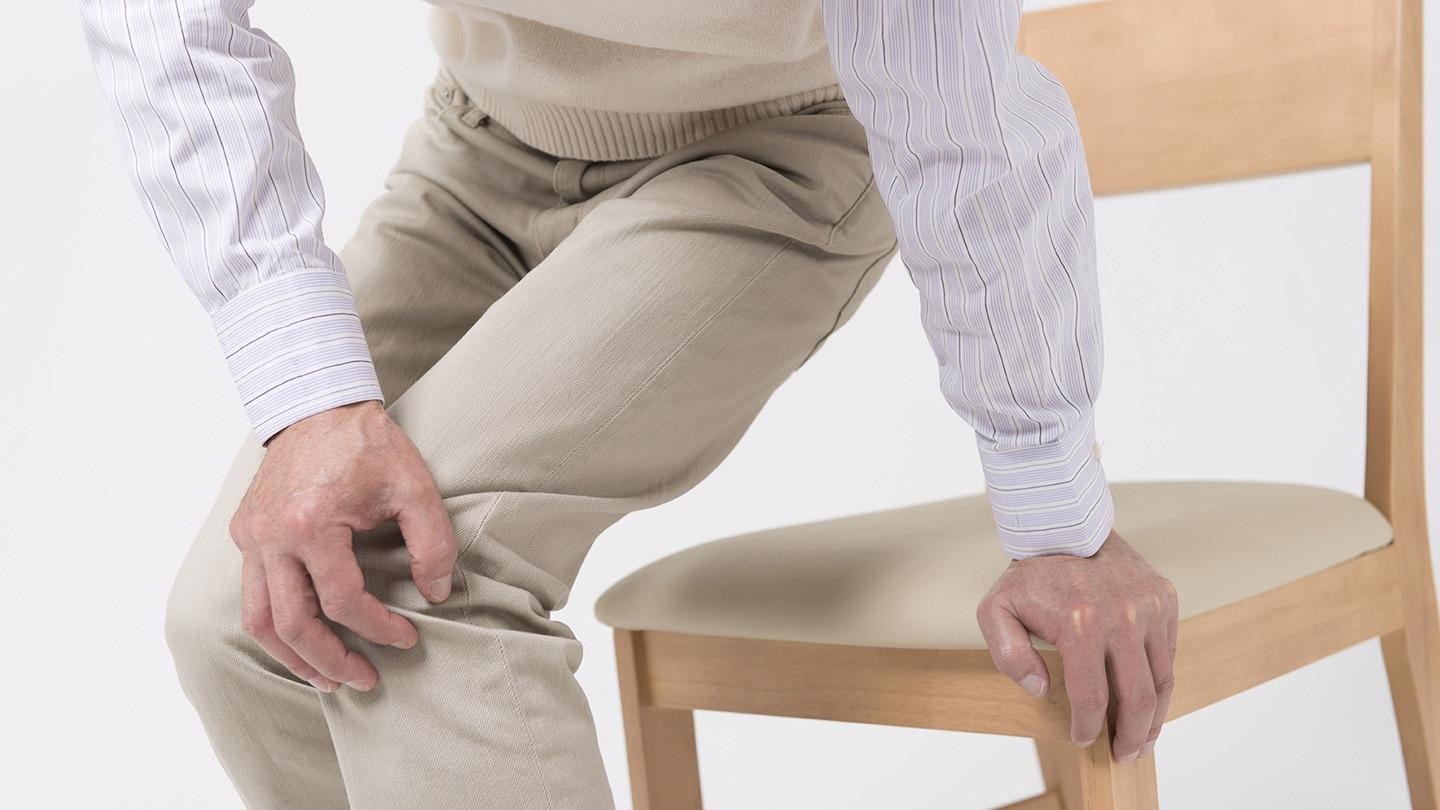As far as the life of older people is concerned, long-term pain is probably the most significant factor that reduces their quality of life.
 Solveig Klug/Translator: Ahsley Mansk. Image Credit: Adobestock.
Solveig Klug/Translator: Ahsley Mansk. Image Credit: Adobestock.
A new technology that has been developed based on therapeutic smart textiles can make it simpler to manage pain. The concept behind the technology is to decrease the effects of impaired muscle strength, mobility, balance, sensitivity or memory from illness or natural causes.
Prototypes based on therapeutic electrostimulating smart textiles will be designed and tested in the geriatric technology field. This will be done at the latest Smart Textiles project at Science Park Borås, the University of Borås, and Karolinska University Hospital, in Sweden.
Pain is a cause of many fall accidents among older people. The focus of the project is therefore on fall prevention by counteracting pain in older people. The intention is to make its usage easy for the patients themselves, relatives, and caregivers through the advantage of textile’s being naturally present in everyday life, and as textiles are intimately associated with well-being.
Nils-Krister Persson, Associate Professor, University of Borås
Persson is responsible for study within the Smart Textiles Technology Laboratory.
The aim is to get older people to use the technology because, as with any instructions received from a doctor or other prescribing healthcare staff, compliance is key.
However, there are several reasons as to why a patient will not be able to follow the orders of a doctor: for instance, something is too heavy, there are side effects or the charges are overpriced. A kind of geriatric technology relying on textiles will be analyzed and proposed in this project. People are quite familiar with textiles and they are easy to use and rather inexpensive, which, therefore, elevates compliance.
Pain is a highly complicated area, and thus the scientists in the project will develop three different prototypes to define which kind of pain can best be counteracted. This is performed via clinical studies on patients with prepared smart textiles. During the project, the goal of the researchers is to generate adequate knowledge so that there is a solid foundation for additional commercialization.
The project named “Lisa–Everyday Geriatric Technology” is performed in collaboration between Smart Textiles, where the prototypes will be designed, and Karolinska University Hospital, where clinical studies will be conducted. The project is financially supported through the Kamprad Family Foundation and runs for around two years through August 2023.
Smart Textiles and the Swedish School of Textiles at the University of Borås are known to be northern Europe’s biggest environment for research and development of advanced textiles, products, materials and processes, with a sharp focus on the Health and Medicine field.
Smart Textiles tend to collect projects and platforms that are associated with the textile area. Having the vision of “A better world through textile innovations,” textile innovations are developed, at hand, and realized, and they can be utilized in inventive commercial products in a myriad of new ways.
The task of Smart Textiles is to continue to develop so that it can become the internationally leading innovation collaborator in textile renewal to reinforce the competitiveness of Sweden.
The Smart Textiles Technology Laboratory and the Smart Textiles Design Lab are considered to be accountable for the experimental research that happens within Smart Textiles, allowing close cooperation between research and companies.
The laboratory’s objective is to create a bridge between research and companies through which projects and concepts from the research will inspire and make the required conditions for nearing both prototype and product development.